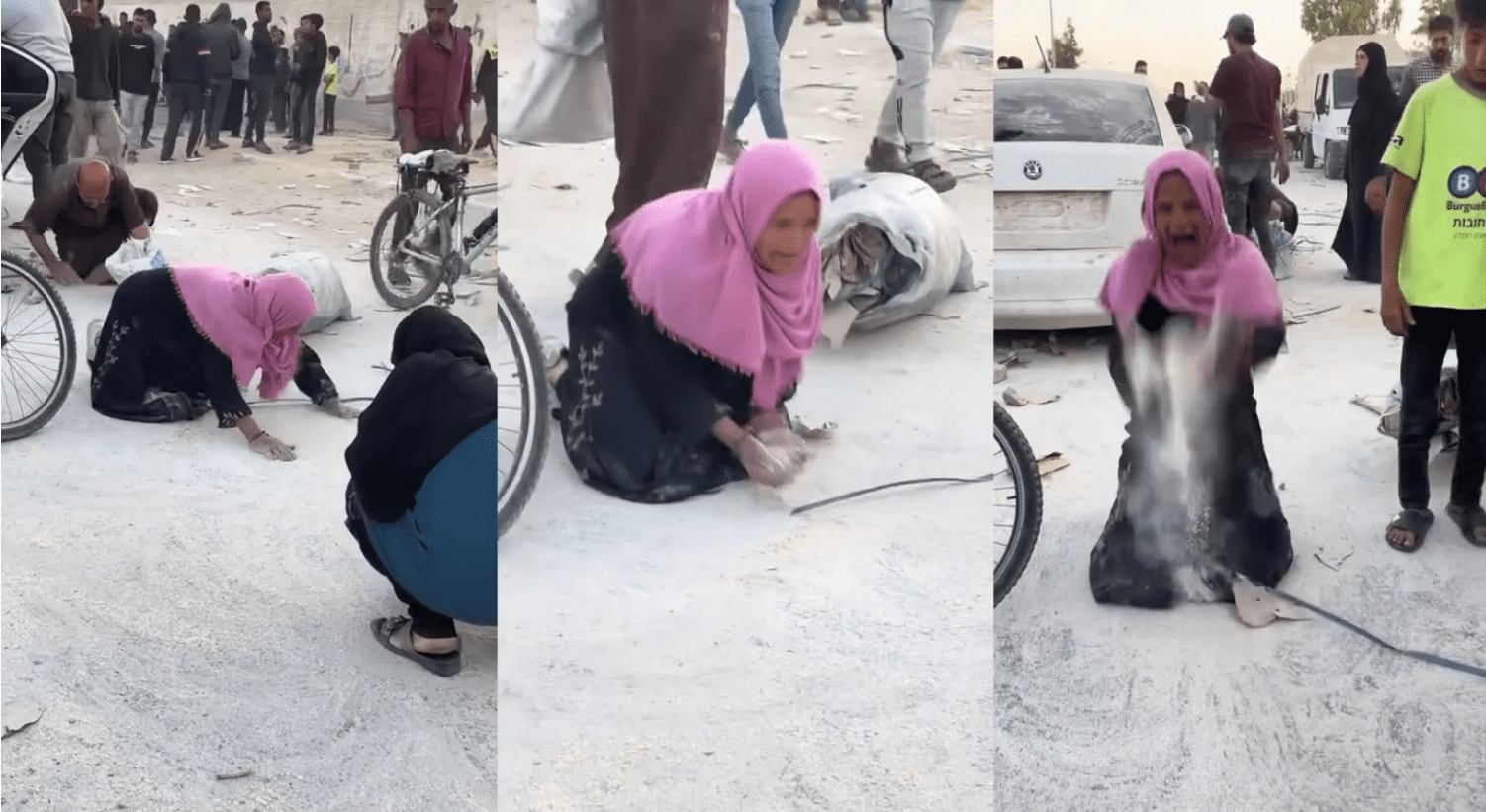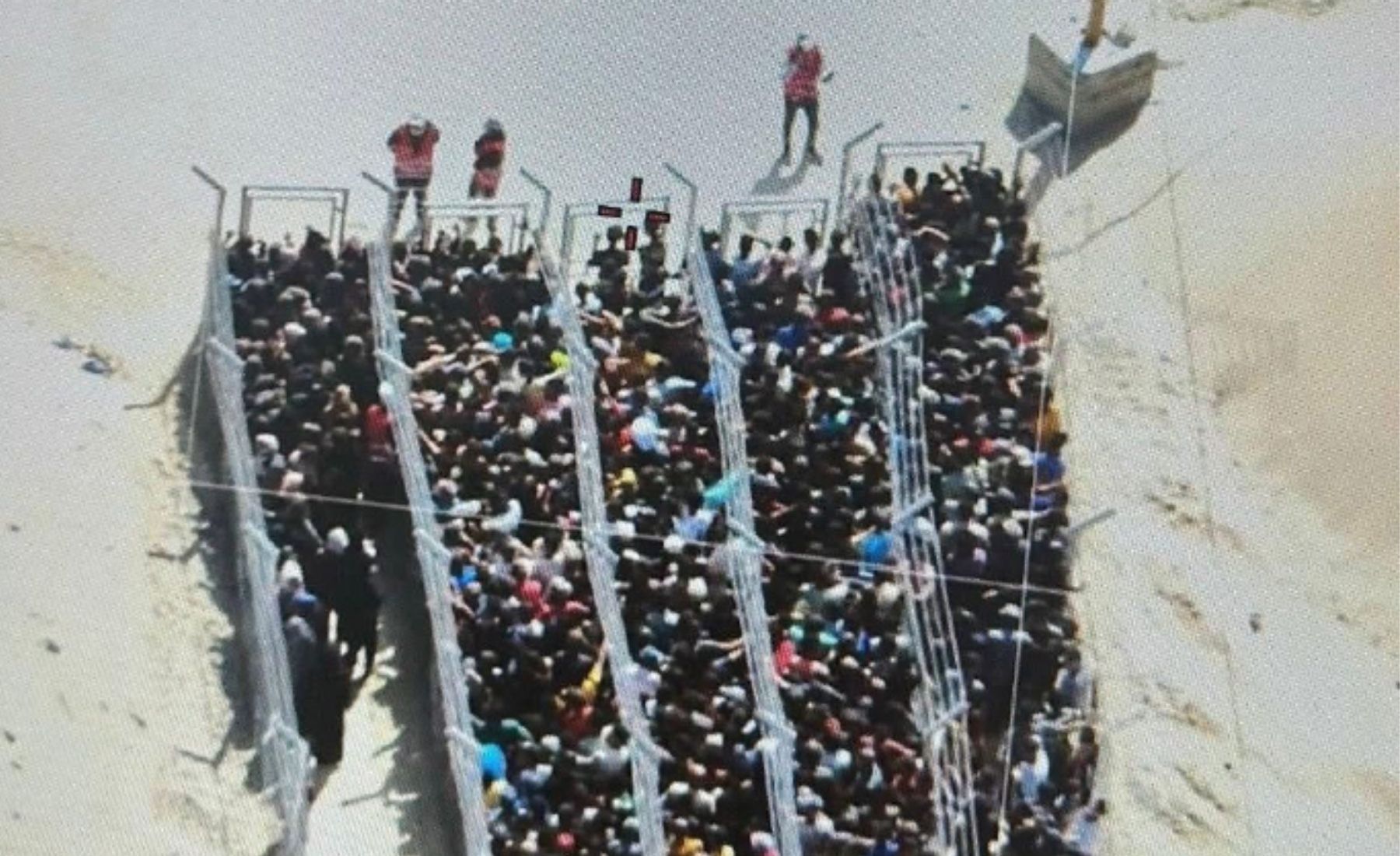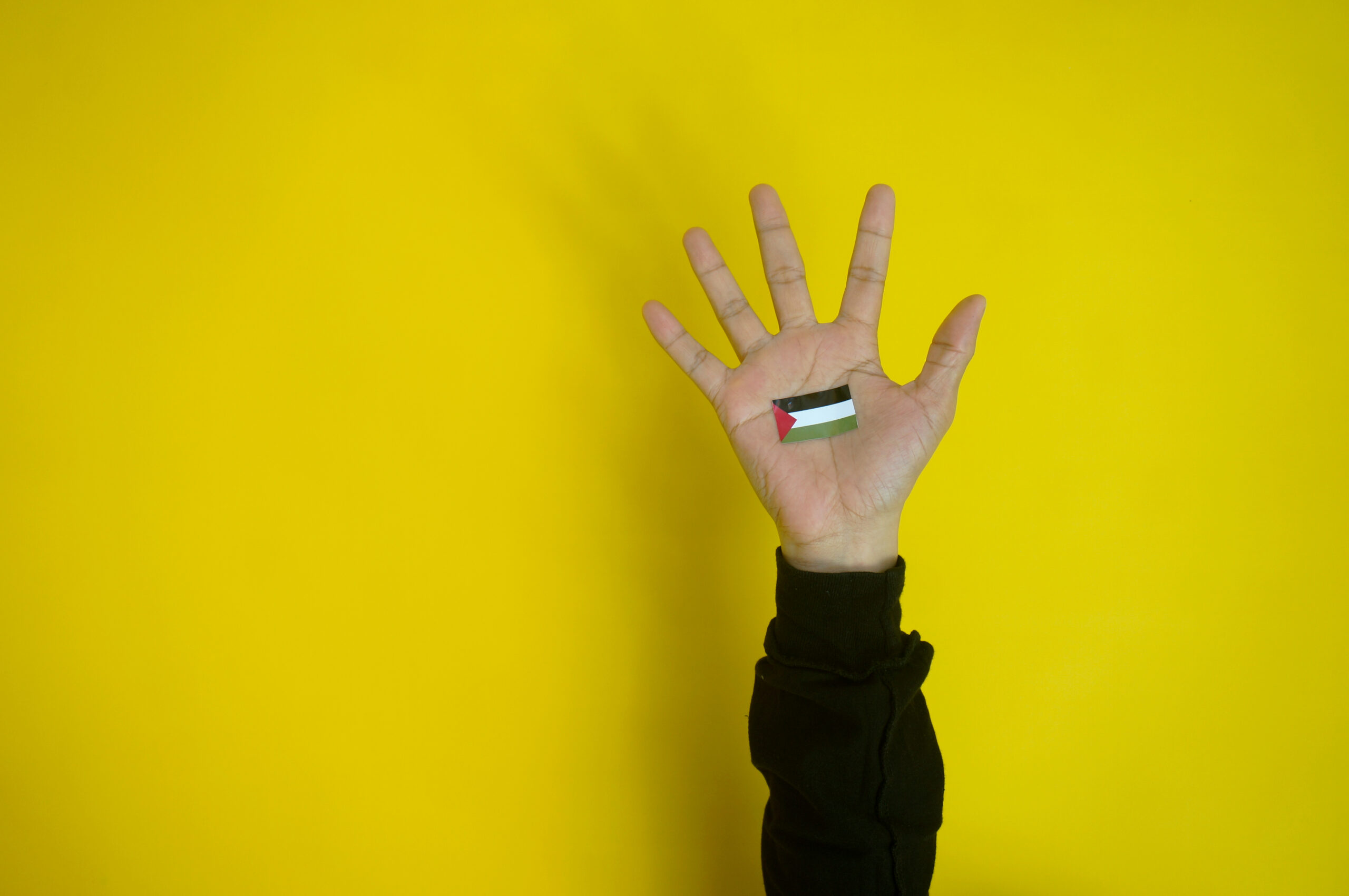Last week, Prof. Richard Falk was in London to promote his new book, Palestine’s Horizon: Towards a Just Peace. I attended the event at the London School of Economics. It was of course inevitable that Prof. Falk’s co-authorship (with Virginia Tilley) of the recent report ‘Israeli Practices towards the Palestinian People and the Question of Apartheid’ would arise. The report, for the UN Economic and Social Commission for West Asia used the UN definition of Apartheid as a lens to analyze the situation of Palestinians in the Occupied Territories, Jerusalem, Israel and neighbouring countries.
The definition in the 2002 Rome Statute of the International Criminal Court (Article 7(2)(h) defines the crime of Apartheid as ‘inhumane acts … committed in the context of an institutionalized regime of systematic oppression and domination by one racial group over any other racial group or groups and committed with the intention of maintaining that regime.’ But the term Apartheid is of course intrinsically linked to its South Africa origin, and its use inevitably invites political comparisons between the two situations—which can sometimes be more hindrance than help in explaining the situation facing Palestinians. Notably, Richard Goldstone rejected the comparison between the two. Others argue that the comparison is indeed apt.
After denunciation by Israel, parroted by the United States, the UN Secretary General disavowed Falk and Tilley’s report. Rima Khalaf, Executive Secretary of the UNESCWA resigned rather than follow the instruction to remove it from its website. (After her resignation, it was removed). Falk tells the story in an article for The Nation.
Professor Falk began his presentation at the LSE with the observation that it was sad to see supporters of Israel attacking the messenger rather than engaging substantially with the message. That turned out to be an apt beginning. Any hope that the Jewish tradition of rational discourse and the democratic principle of open debate would be upheld by all of those present was dashed. A small coterie of disruptive and offensive self-styled supporters of Israel did their best to destroy any prospect of reasoned discussion, by shouting insults. In particular they accused Prof. Falk of anti-Semitism. They repeated some out-of-context allegations and outright falsehoods. Controversy and a certain amount of heckling is a reasonable element of free speech, and LSE rules are that a disruptive individual should be given three warnings before being ejected. After three warnings from the chair, Prof. Mary Kaldor, the offending individuals were removed. But in the meantime they had used up all the allotted time for discussion.
Shamefully, two other universities in London were cowed by this bullying and cancelled scheduled events by Falk.
The word ‘Apartheid’ is an explosive one that needs to be handled with great care. So too, for different reasons, is the term ‘anti-Semite’. Anti-Semitism is a serious problem. But chanting ‘anti-Semite’ in this situation so no dialogue could be had, as protesters did, was offensive and ridiculous. Perhaps even worse, it devalued the term ‘anti-Semitism’: whenever anyone in that audience hears the word again they will be obliged to ask themselves, is it being used to identify a genuine expression of racist hatred or is it just a cloak for partisan hostility?
It stopped a sensible discussion of Israeli policies including a reasoned critique of Falk’s arguments.
A true friend is one who is ready to express a contrary opinion in an honest manner. On that basis, Professor Falk is a much truer friend of the Jewish people than his abusers. Discussion of the issues that Prof. Falk raises in his quiet, civilized manner is a fundamental test for academic freedom.



